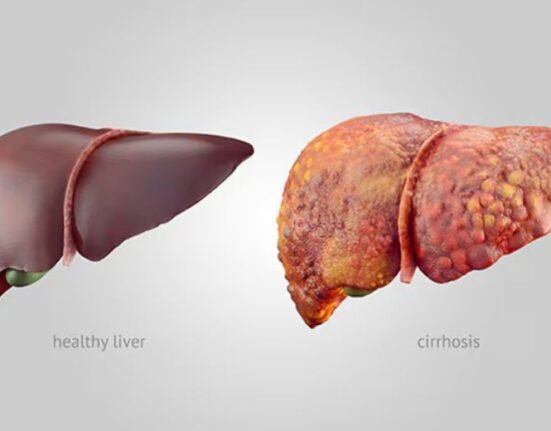HQ team
November 3, 2023: Recent research by Cochrane has found that insulin can maintain its efficacy for extended periods at room temperature. This will have a significant impact on diabetics residing in areas with limited access to regular electric power and those who cannot afford refrigerating facilities.
Insulin storage
Efficient insulin storage is crucial in managing type 1 diabetes. Maintaining insulin’s potency is essential for ensuring effective glucose regulation and minimizing the risk of complications. However, the specific requirements for insulin storage can be a complex issue.
The study, led by Dr. Bernd Richter from the Institute of General Practice at the Heinrich-Heine-University in Düsseldorf, Germany, focused on the effects of temperature on insulin stability. Notably, the research revealed that certain unopened human insulin containers can endure temperatures ranging from 4°C to 37°Cfor six months without substantial loss of potency.:
Current guidelines regarding insulin storage often refer to “room temperature,” but this term’s interpretation can vary significantly, especially in diverse regions. This ambiguity complicates insulin management, as factors like climate and access to refrigeration can influence how people interpret the guidelines.
Dr. Richter emphasized the need for sound guidance on extreme conditions faced by people with diabetes. The research underscores the importance of reliable insulin storage, especially for those living in regions with limited access to healthcare or experiencing climate-related challenges.
The study’s findings offer practical solutions for preserving insulin’s potency in the absence of refrigeration. Dr. Richter recommended keeping insulin out of direct light and maintaining a stable temperature. Dark, protected storage areas or simple cooling devices, like clay pots, can be valuable alternatives.
Broader implications
The research has raised critical questions for future investigation. Beyond temperature, researchers are exploring the impact of motion and specific challenges faced by individuals living in diverse climates. Additionally, the findings underscore the need for similar data on temperature-sensitive compounds and medications, benefiting populations with limited healthcare access or facing challenging circumstances.
Diabetes management
For those living with type 1 diabetes, insulin is a lifeline. It plays a central role in regulating blood glucose levels and preventing complications associated with the condition.
The study can be accessed here.








